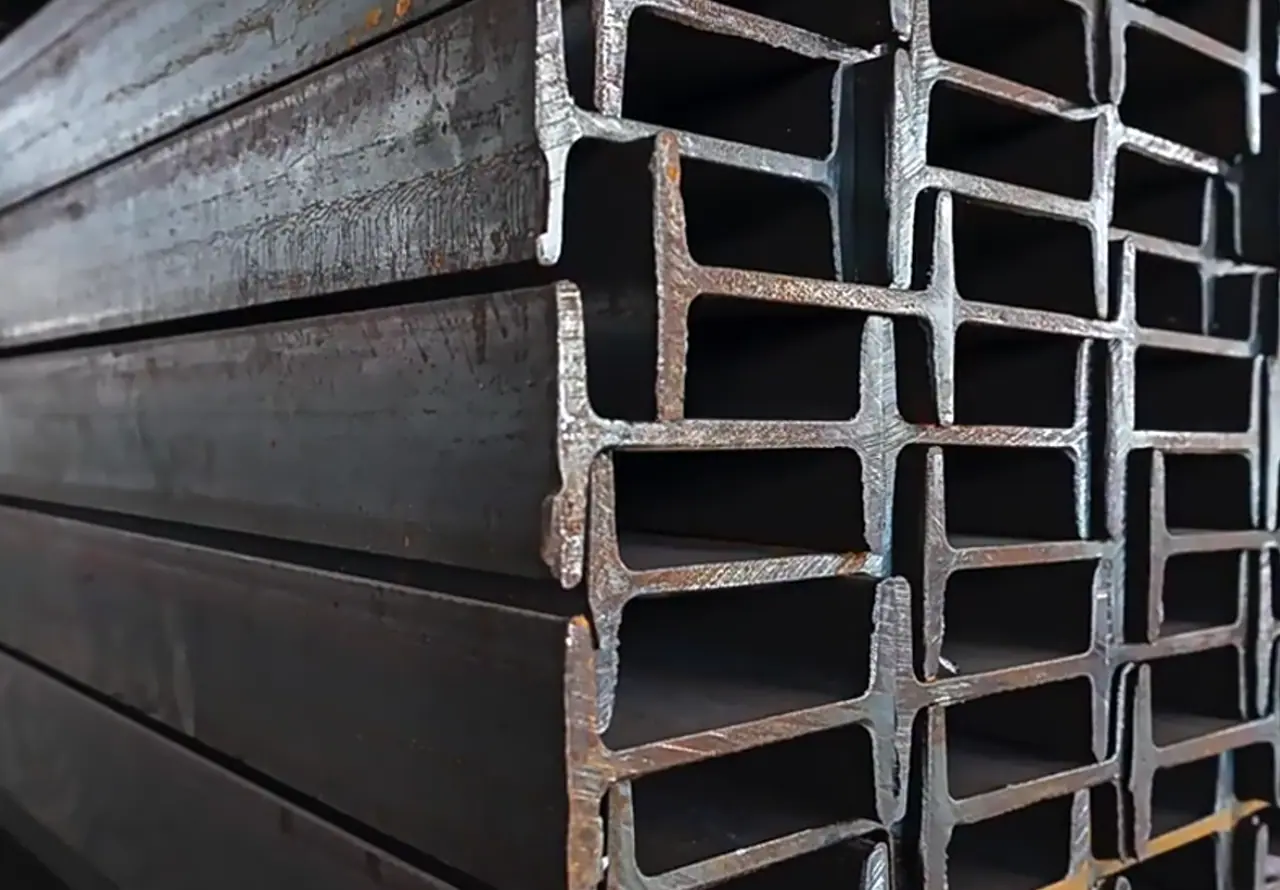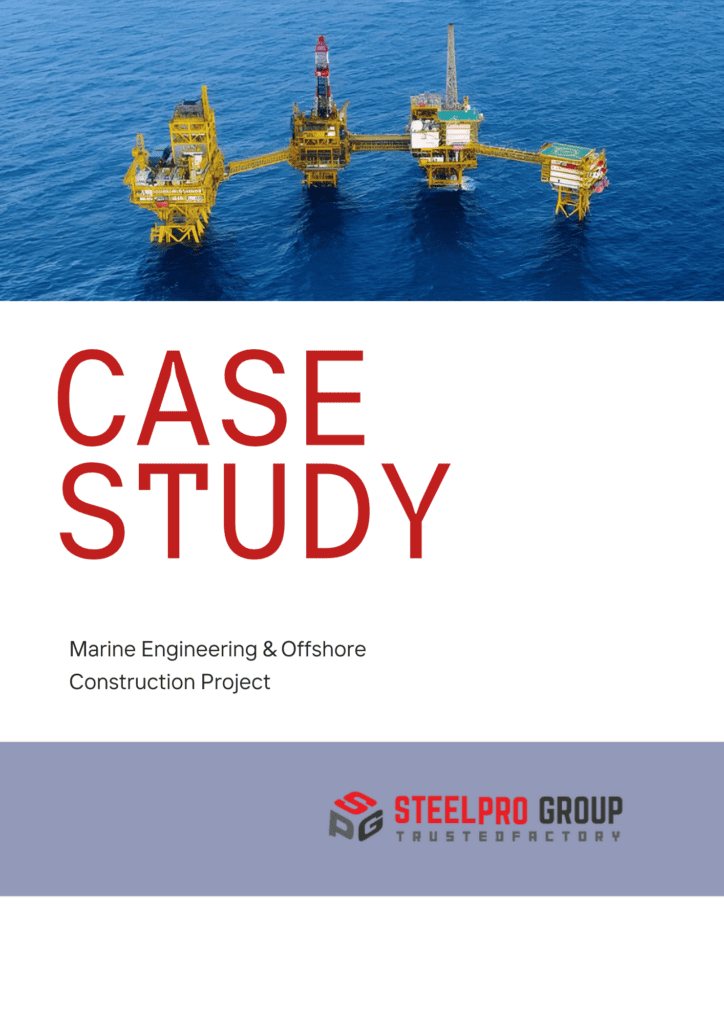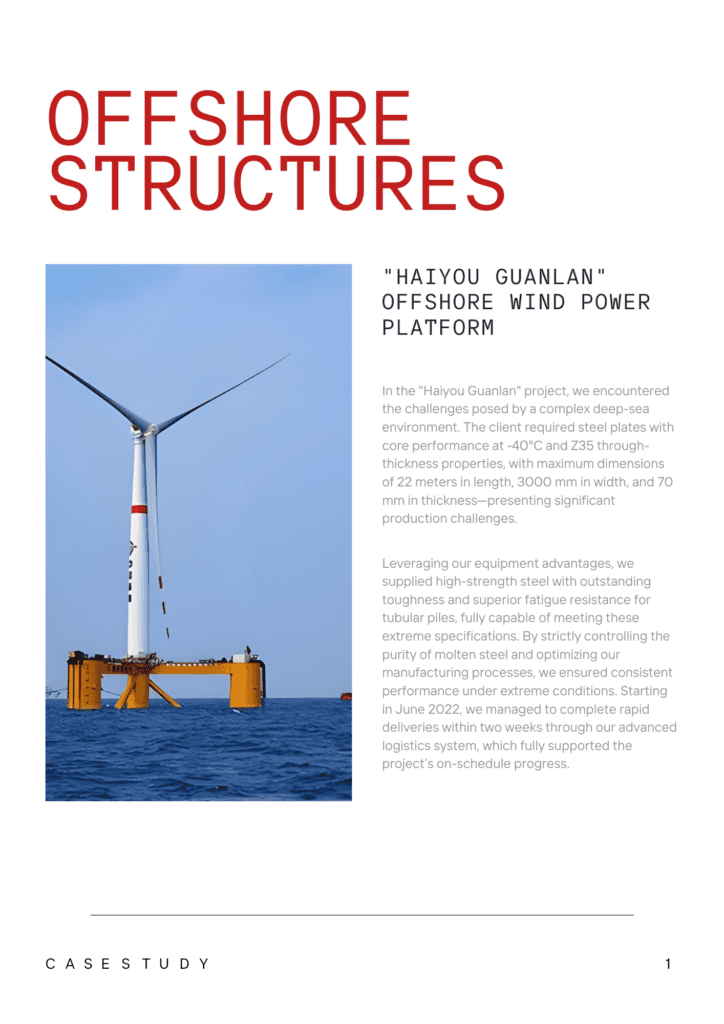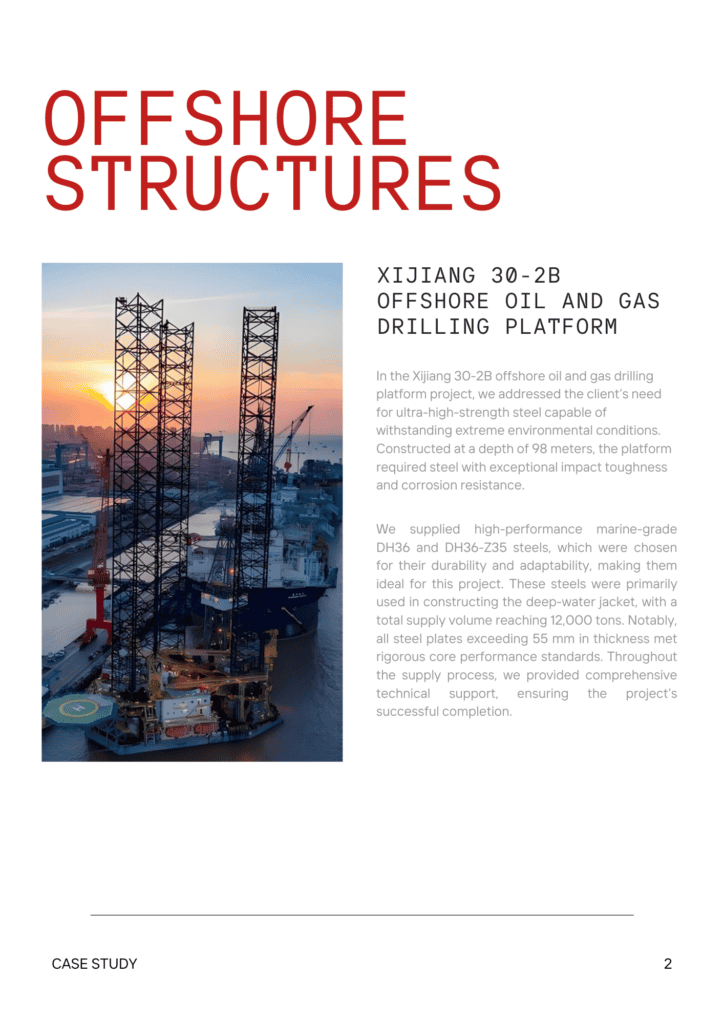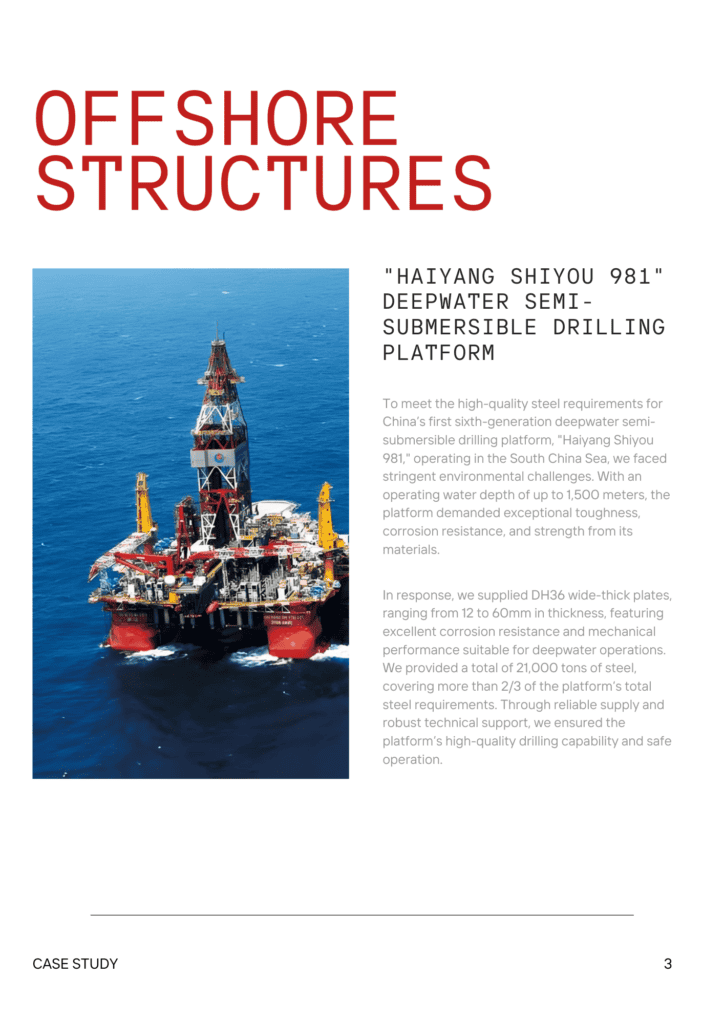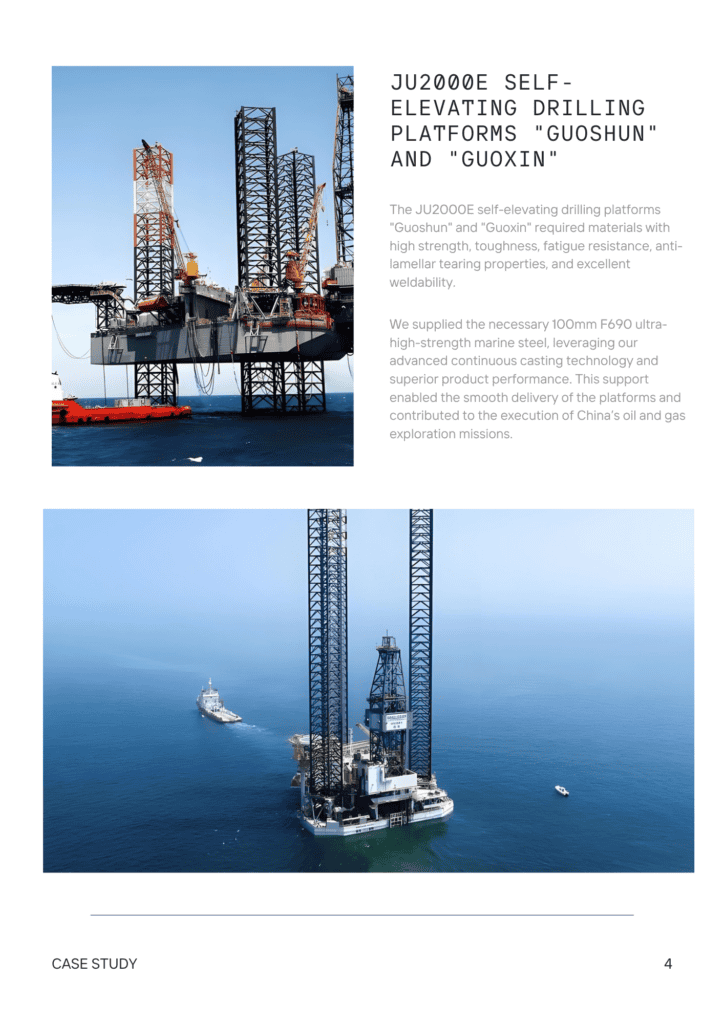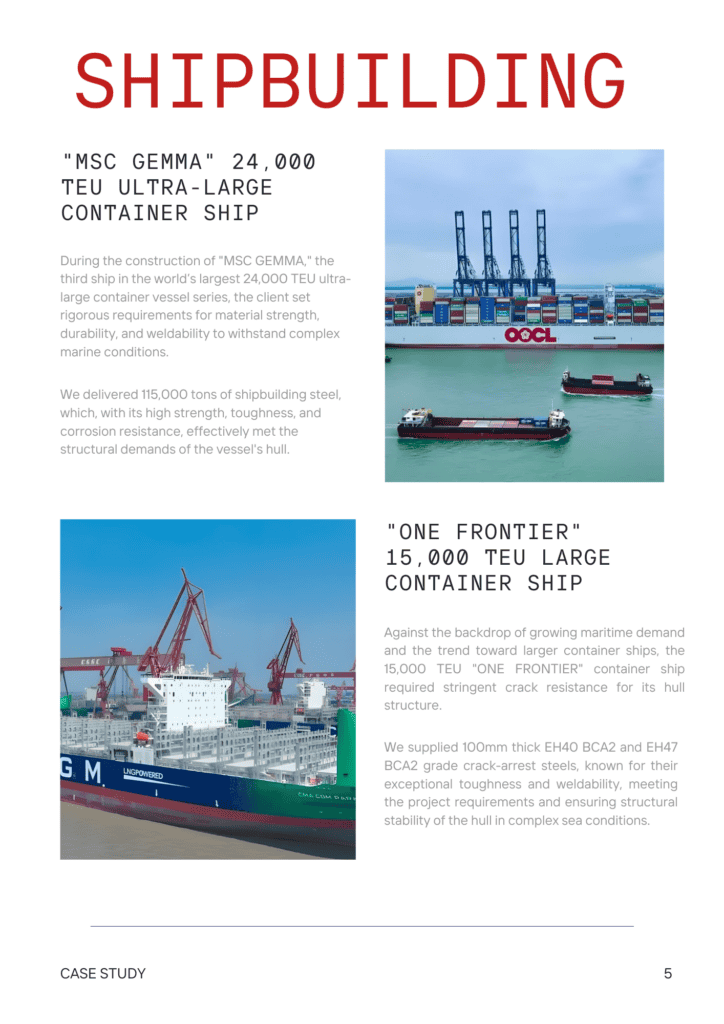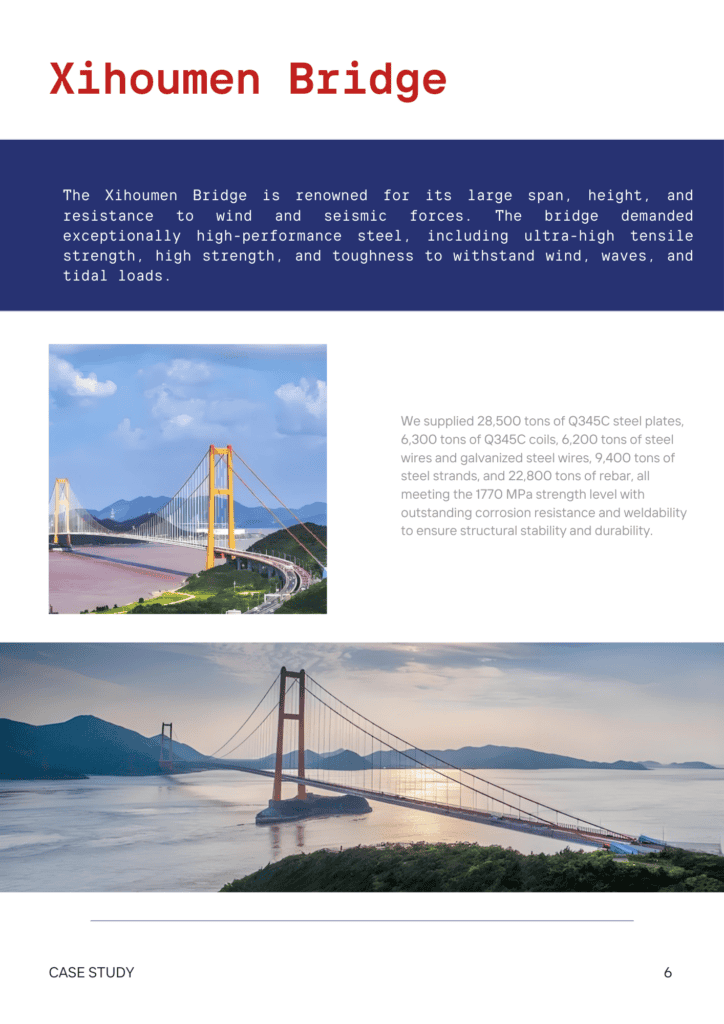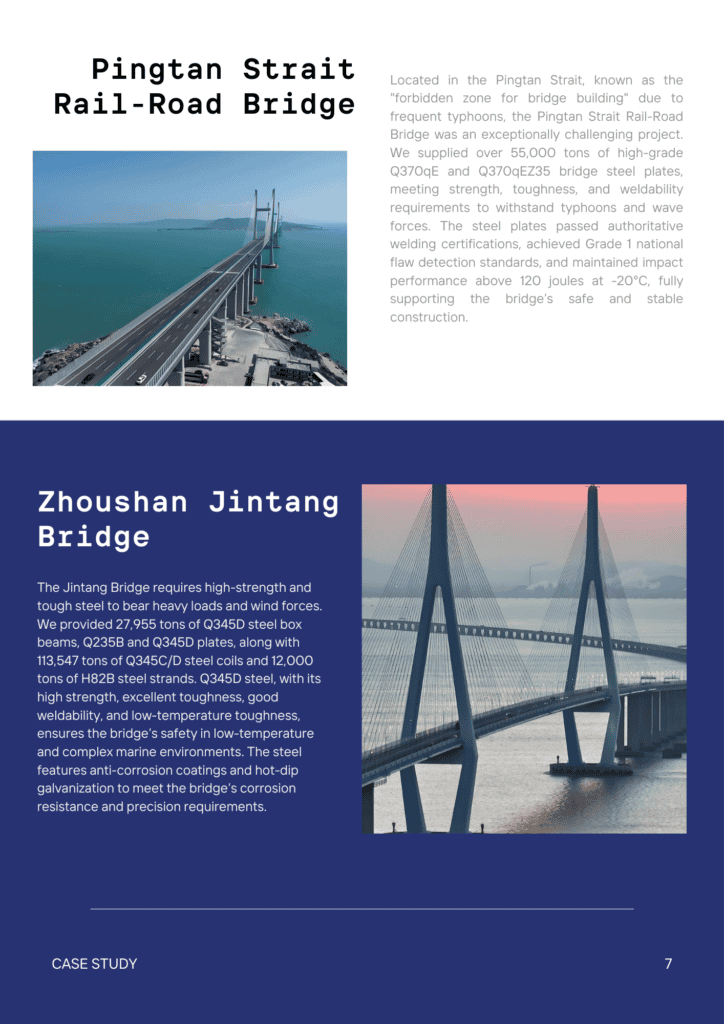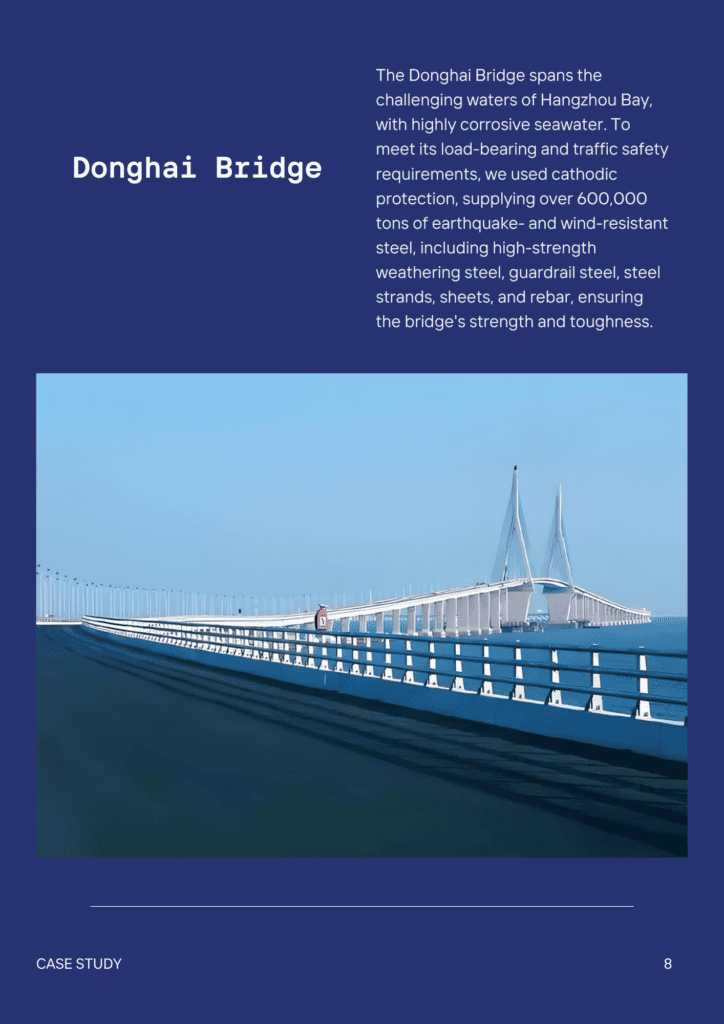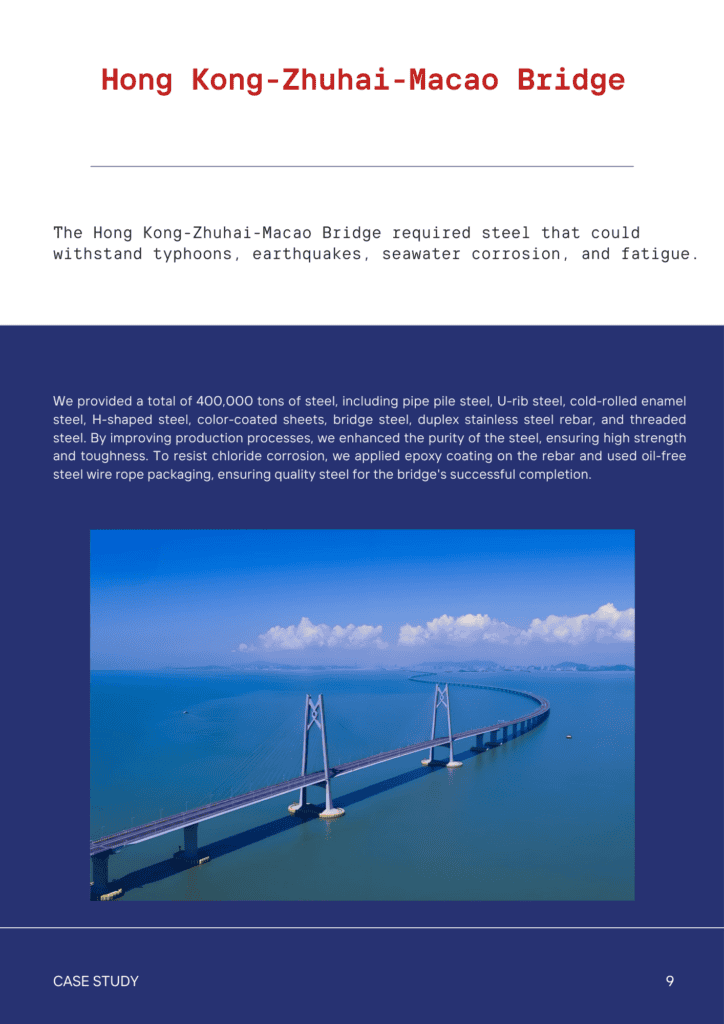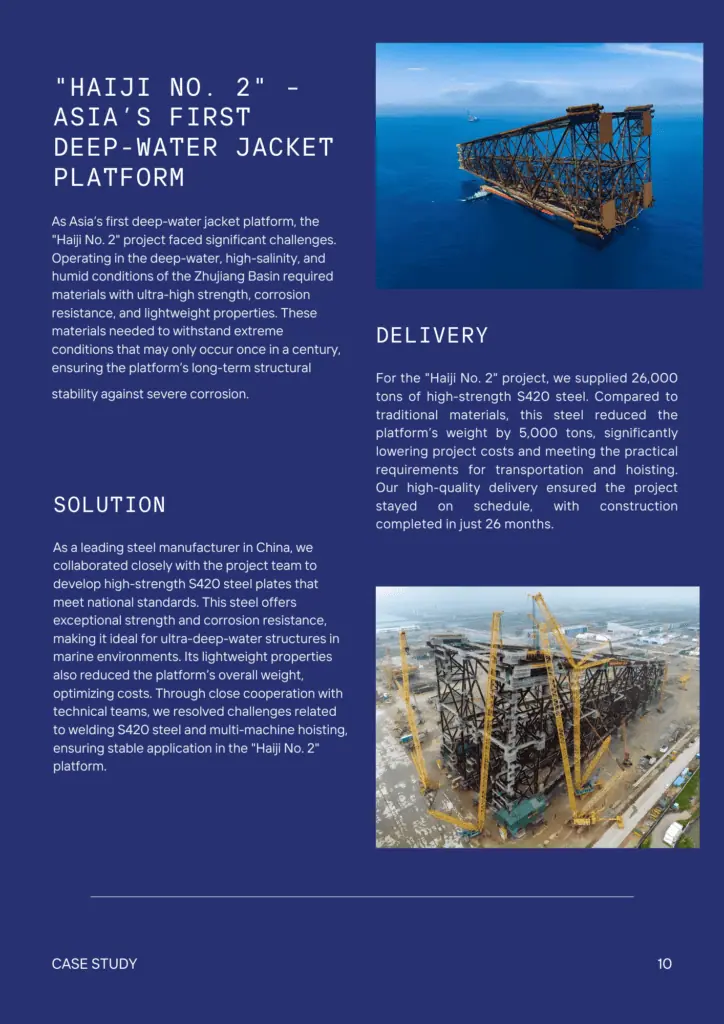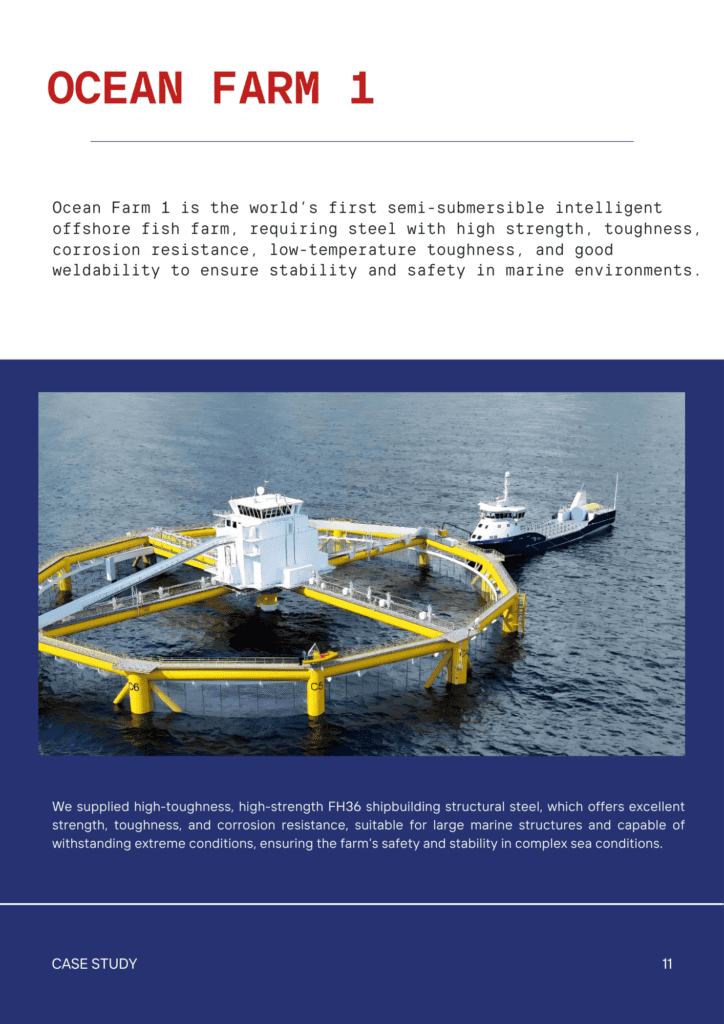Q235 STEEL – STRUCTURAL STEEL
Q235 STEEL – STRUCTURAL STEEL
Q235 is a versatile carbon structural steel with a yield strength of 235 MPa. It is known for its excellent weldability, formability, and machinability, making it ideal for various construction and engineering applications. Q235 steel gets its name from its yield strength designation. The “Q” stands for “yield point,” and “235” indicates that the yield strength is 235 MPa. This versatile and widely used carbon structural steel is renowned for its excellent weldability, formability, and machinability, making it suitable for various applications.
Description
What is Q235?
Q235 is composed of approximately 99.85% iron and 0.15% carbon, making it a type of carbon steel. It is typically found in solid, flat shapes with a metallic grey color. Q235 is known for its good plasticity and weldability and is primarily used in construction and structural applications. It is processed through hot rolling. Q235 can be further classified into Q235A, Q235B, Q235C, and Q235D, based on its impact toughness and application requirements.Characteristics of Q235 Steel
Q235 steel is cost-effective and widely available, making it ideal for various projects. It has high tensile strength, ensuring structural integrity and reliability. Its versatility makes it suitable for construction, engineering, and machinery applications. The steel’s good machinability allows for efficient cutting, drilling, and milling, facilitating fabrication processes. As a standardized grade equivalent to ASTM A36 in the US and S235JR in Europe, Q235 ensures consistent quality and reliable performance. Additionally, Q235 steel has excellent weldability, moderate corrosion resistance, and impact resistance, making it ideal for dynamic load conditions. Common uses include structural components, machinery parts, and construction elements.Chemical Compositions
| Property | Value (Metric) | Value (Imperial) |
|---|---|---|
| Tensile Strength | 515 – 730 MPa | 74,700 – 105,900 psi |
| Yield Strength | ≥205 MPa | ≥29,700 psi |
| Elongation | ≥40% | ≥40% |
| Hardness (Brinell) | ≤217 HB | ≤217 HB |
| Hardness (Rockwell B) | ≤95 HRB | ≤95 HRB |
| Hardness (Vickers) | ≤225 HV | ≤225 HV |
| Elastic Modulus | 200 GPa | 29,000 ksi |
Physical Properties
| Property | Metric | Imperial |
|---|---|---|
| Density | 7.85 g/cm³ | 0.284 lb/in³ |
| Melting Point | 1400-1450°C | 2552-2642°F |
| Thermal Conductivity | 24.3 W/m·K | 14.1 BTU·in/hr·ft²·°F |
| Electrical Resistivity | 0.15 µΩ·m | 0.15 µΩ·m |
| Specific Heat Capacity | 486 J/kg·K | 0.116 BTU/lb·°F |
| Thermal Expansion Coefficient | 11.7 x 10⁻⁶ /°C | 6.5 x 10⁻⁶ /°F |
Mechanical Properties
| Property | Value (Metric) | Value (Imperial) |
|---|---|---|
| Tensile Strength | 370-500 MPa | 54-73 ksi |
| Yield Strength | 235 MPa | 34 ksi |
| Vickers Hardness (HV) | 80-180 | 80-180 |
| Brinell Hardness (HB) | 70-160 | 70-160 |
| Rockwell Hardness (HRC) | 52-56 | 52-56 |
| Ductility | – | – |
| Toughness | – | – |
| Elongation | 20-26% | 20-26% |
| Elasticity | – | – |
| Elastic Modulus | 210 GPa | 30.5 Msi |
Industries & Applications
| Applications | Components |
|---|---|
| Structural Components | Beams, Columns, Trusses, Brackets |
| Machinery Parts | Nuts, Connecting Rods, Bearings, Gears |
| Construction | Factory Buildings, Towers, Boilers, Bridges |
| Automotive | Chassis, Engines, Suspension Systems, Transmissions |
| Aerospace | Fuselages, Wings, Propulsion Systems, Landing Gear |
| Transportation and Logistics | Containers, Railcars, Cargo Ships, Trucks |
Machining
Q235 Heat Treating Instructions: Q235 steel is typically used in its as-rolled condition and does not require additional heat treatment. If necessary, normalizing can be applied to improve its grain structure and mechanical properties.
Q235 Surface Finish: The surface of Q235 steel can be treated through various methods, including painting, galvanizing, or powder coating, to enhance corrosion resistance and improve durability, especially for outdoor or exposed applications.
Custom grades can be produced upon request to meet specific requirements.
Our Service
SteelPRO Group – manufacturer and solution provider for special steel, offering multi-industry application solutions and customised services, 100% quality free, accompanying customers in their growth!
Our Quality Control
- Roundness
- Tolerance
- Microstructure
- Non-Destructive Testing
- Destructive Testing
- Process Control
Service Integration Processing
- Welding
- Metal Fabrication
- CNC Machining
- Lathe
- Forming
QUESTION 1
QUESTION 2
QUESTION 3
QUESTION 4
QUESTION 4
CONTACT
CONTACT
Certifications







Other Products
-
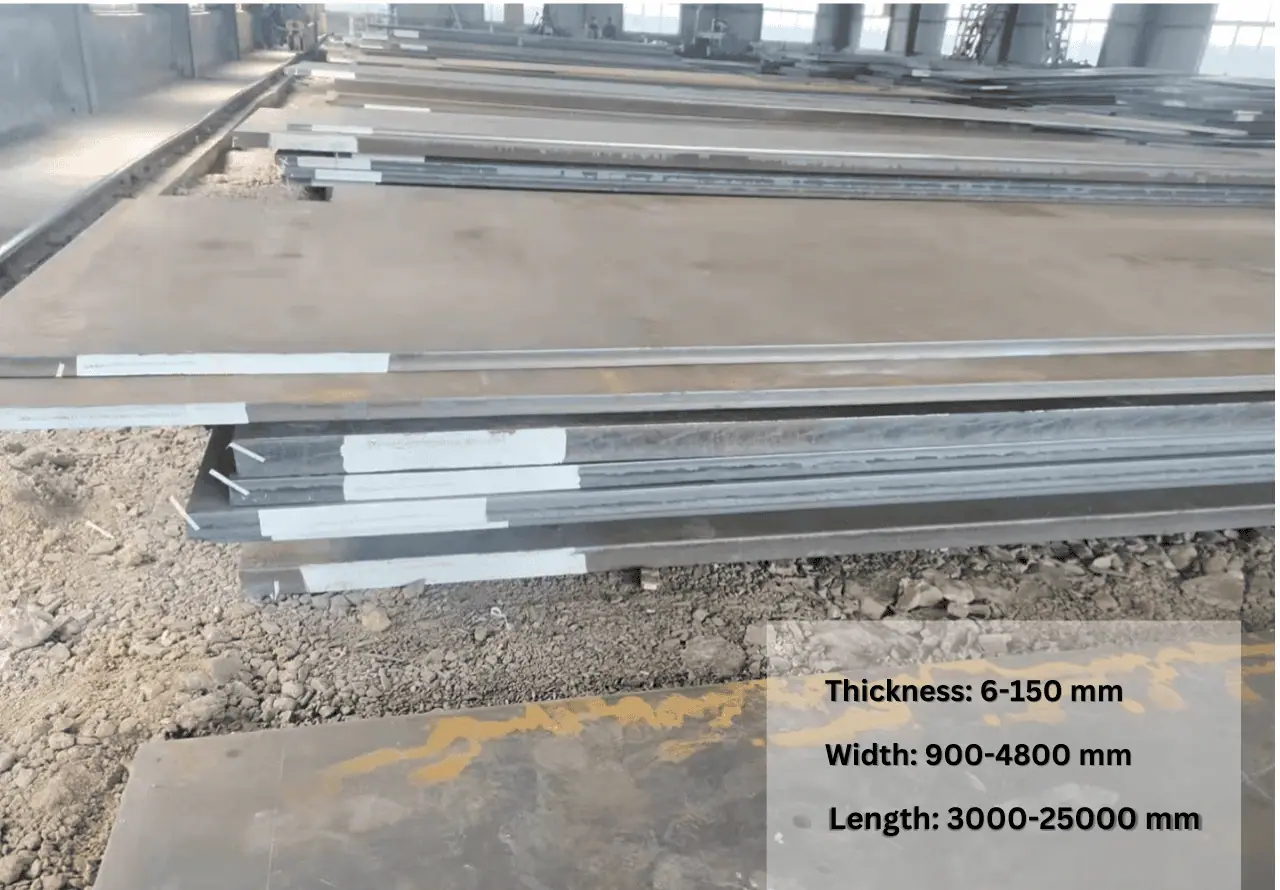
-
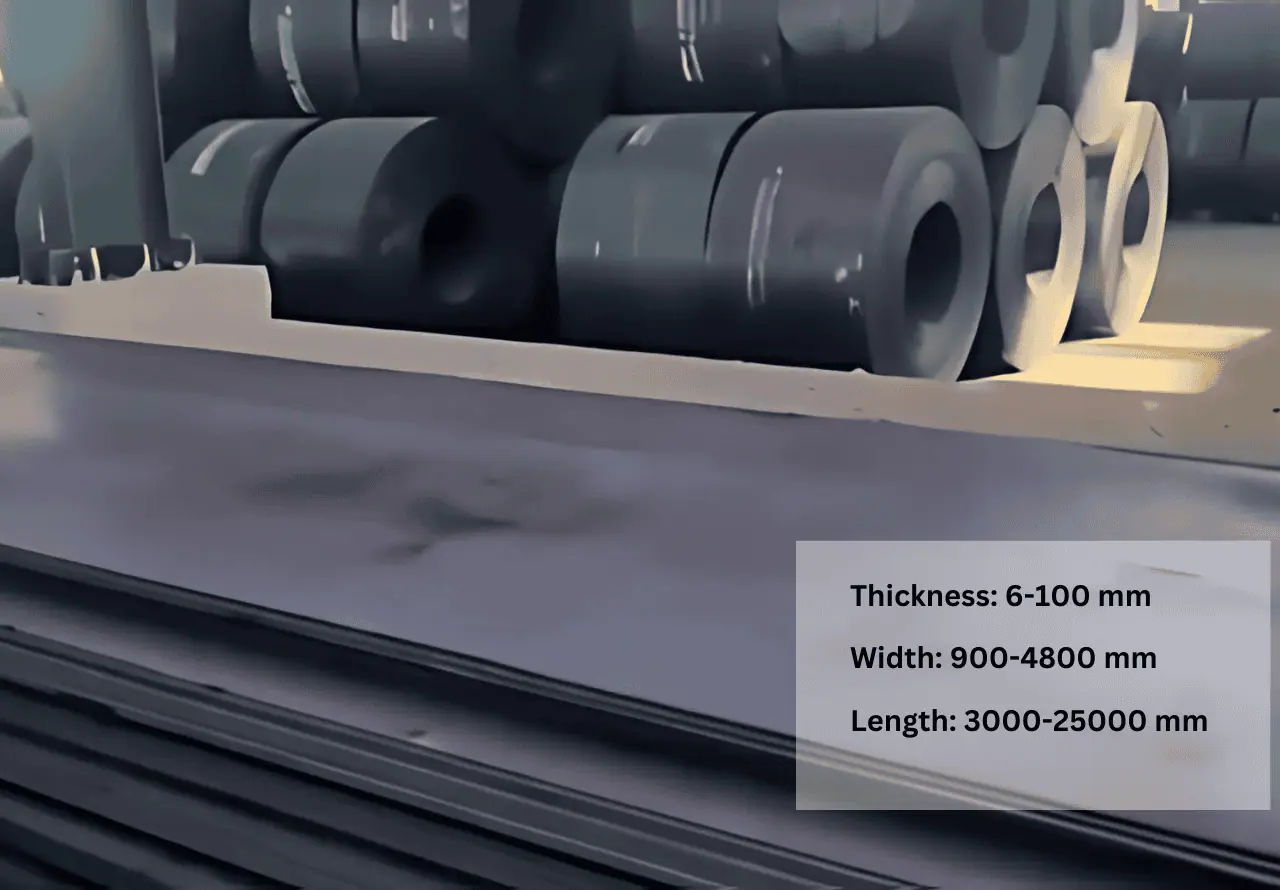
SteelPRO Group offers FH550 high-strength structural steel plates for shipbuilding....
-
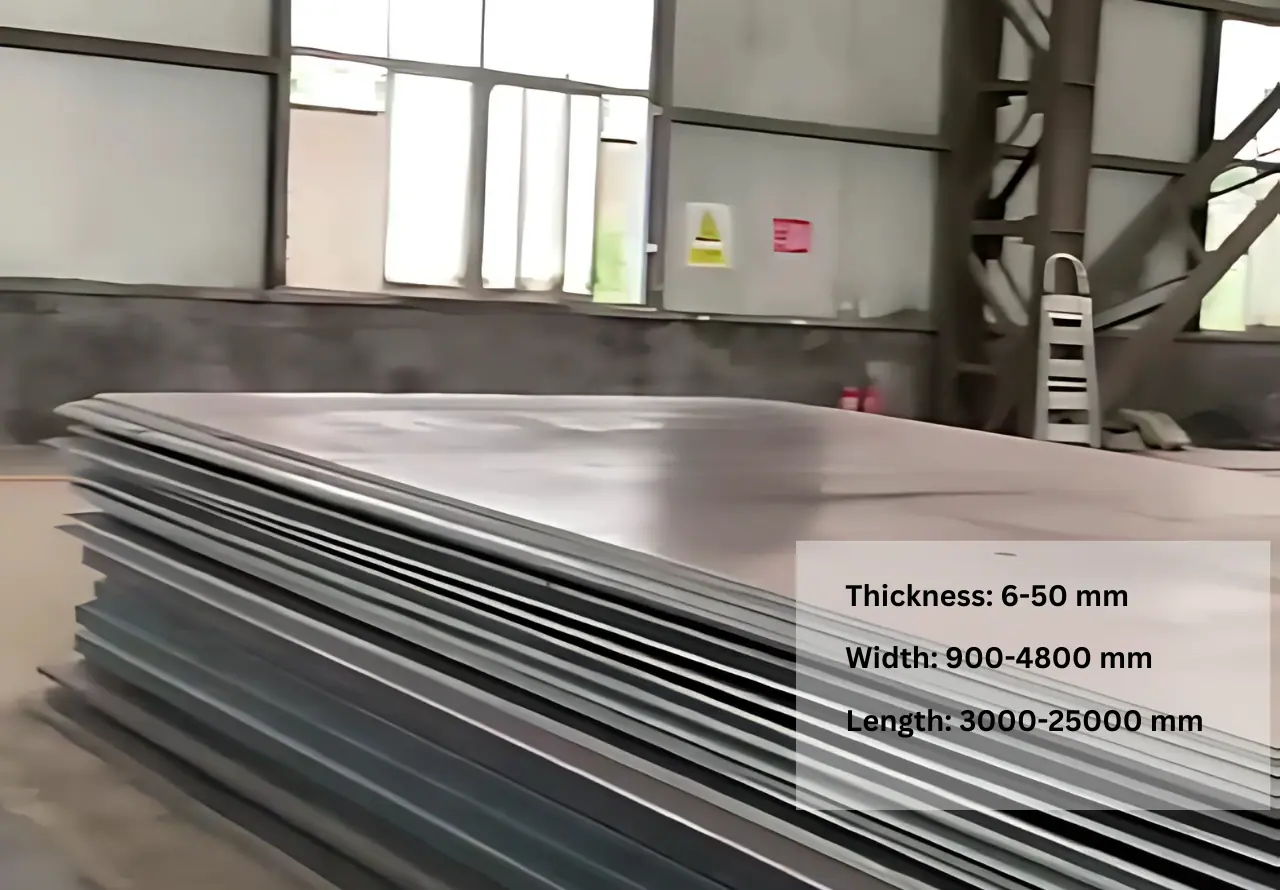
SteelPRO Group offers DH550 high-strength shipbuilding steel plates in stock....
-
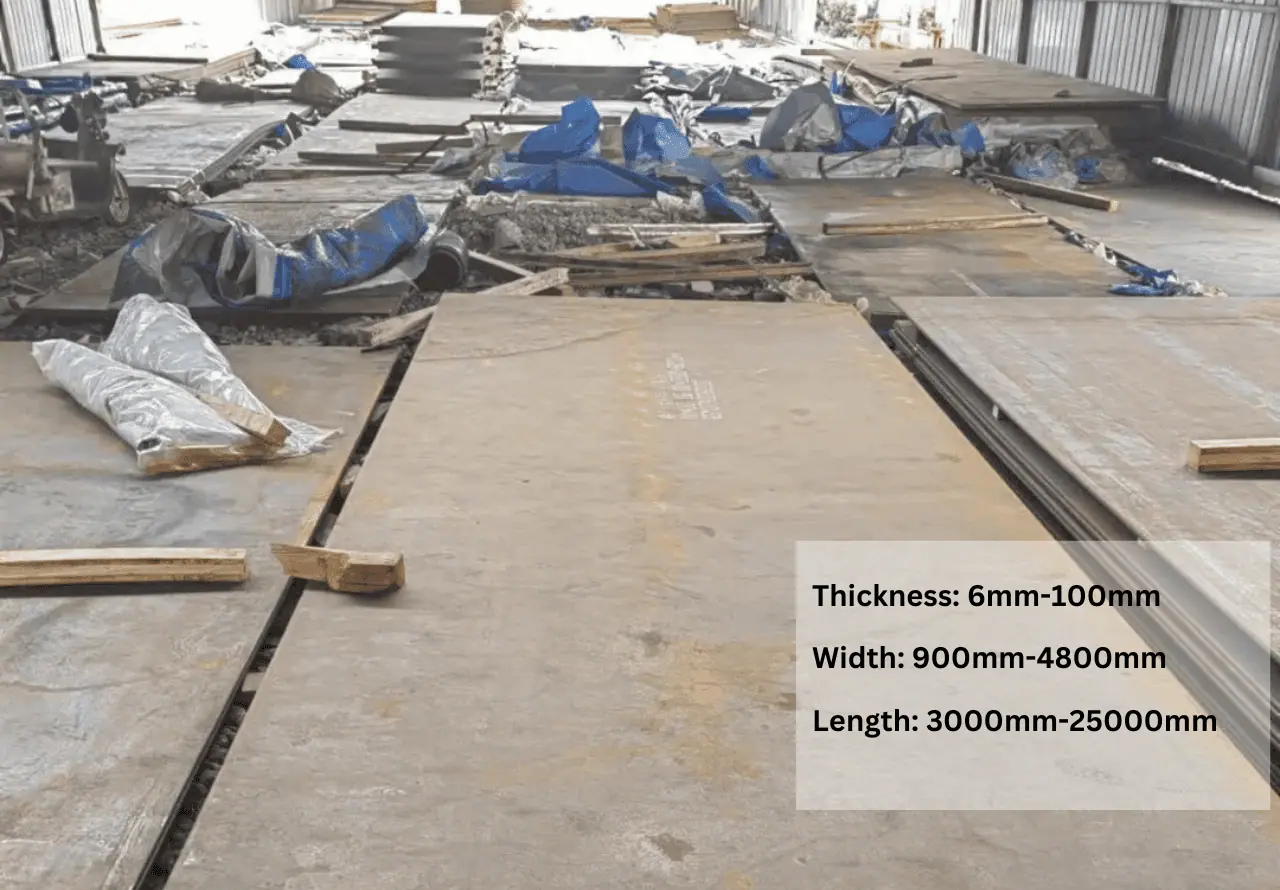
SteelPro Group offers FH36 high-strength steel for shipbuilding. It has...


